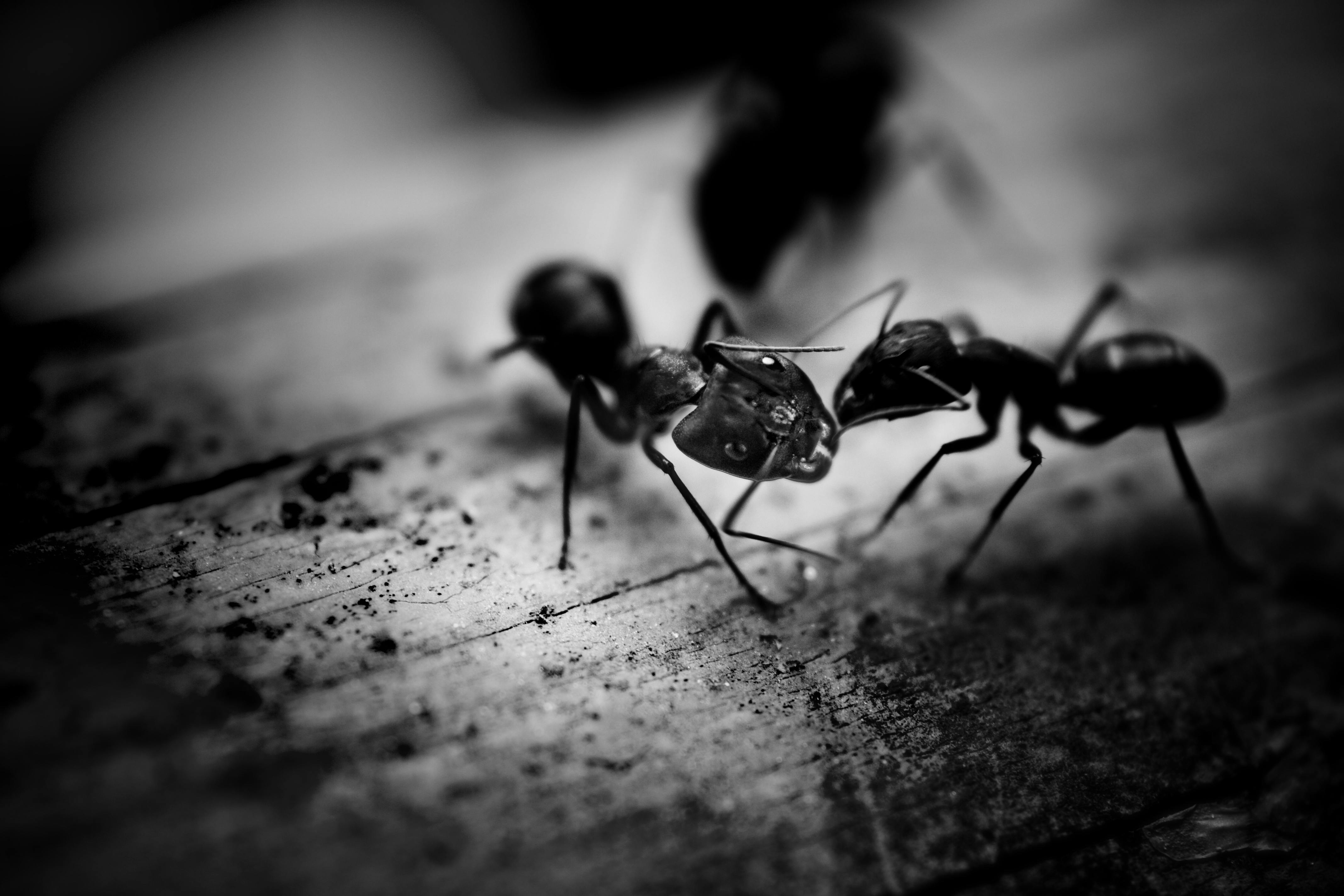The Remarkable World of Ants: An In-depth Exploration
Ants. These tiny creatures are often overlooked, yet they hold an important place in the world of pets and animals. While it may be tempting to dismiss them as just another insect, a closer look reveals a fascinating and complex society that could teach us a lot about cooperation, hard work, and survival.

The Ant’s Journey: From Obscurity to Recognition
Ants have been around for millions of years, with fossil records dating back to the Cretaceous period, around 130 million years ago. They have survived massive environmental changes and even outlived the dinosaurs. Over time, humans started acknowledging the complexity of ant societies and their remarkable survival skills. The study of ants, known as myrmecology, has become a vital part of biological research, providing insights into social organization, communication, and survival tactics.
The Ant Society: A Lesson in Cooperation
Ants are known for their highly organized societies, often referred to as superorganisms because they operate as a unified entity. Every ant has a specific role, from the queen, whose primary job is to lay eggs, to the workers, who gather food, maintain the nest, and care for the young. This level of cooperation and division of labor is a cornerstone of their success and survival.
Ants in the Modern World: Beyond the Natural Habitat
Ants have adapted to a variety of environments, from forests to deserts, even thriving in urban settings. Recently, ants have entered the pet industry as well. Ant farms, a type of vivarium that houses an ant colony, have become popular among insect enthusiasts. These ant farms can range in price from $20 to several hundreds of dollars, depending on size and complexity.
The Scientific Significance: Ants as Research Subjects
Ants are not just fascinating creatures; they also play a crucial role in scientific research. Studies of ant behavior and communication have shed light on topics like social organization, the role of pheromones, and the concept of collective intelligence. These findings have implications far beyond the world of insects, influencing fields such as robotics, computer science, and even sociology.
Ants and Us: What We Can Learn
While ants may seem far removed from our daily lives, they can teach us valuable lessons. Their resilience and adaptability are inspiring, reminding us of the importance of cooperation and hard work. On a more practical level, understanding ant behavior can help us develop more effective pest control strategies and even inspire innovations in technology and social organization.
In conclusion, ants are more than just tiny insects scurrying about. They’re a testament to the power of teamwork and adaptability, a piece of our planet’s ancient history, and a fascinating subject of scientific research. As we continue to delve into the mysterious world of ants, who knows what other secrets these tiny creatures will reveal?




